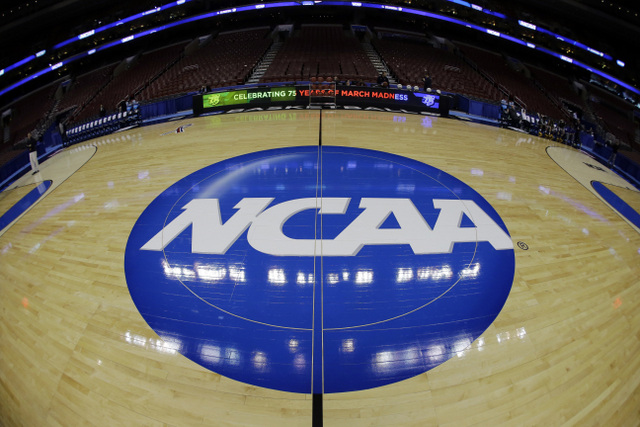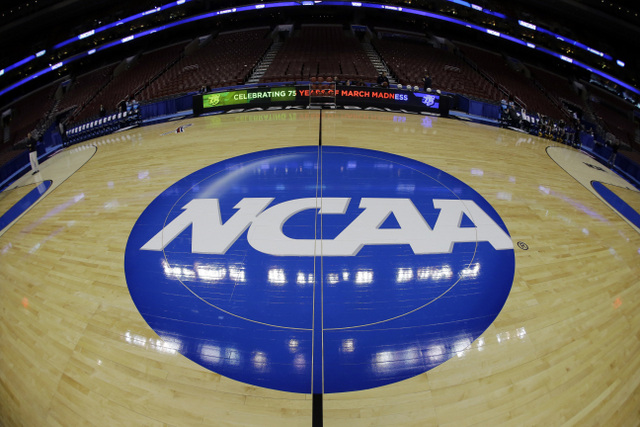[ad_1]
By Perry Green, AFRO Sports Editor
The NCAA announced several major rule changes on college basketball recruiting and player eligibility on Aug. 8. The rule changes were made in an attempt to address the “play for pay” bribery scandals that have rocked the NCAA for years.
But will the new policies introduced actually help drive out this “corruption” of the college basketball industry? Or, have they really only created more issues that’ll have to be addressed in the future?

One of the new rules expected to be implemented will allow players to hire agents to represent them as they inquire about entering the pros, so long as the agents are certified by the NCAA. If players go undrafted or simply decide they want to return to school, the new rules will allow those choices and their student-athlete status won’t be revoked for hiring an agent. But what exactly will the NCAA’s certification standards be? Will the NCAA now be responsible for determining which agents are clean or corrupt? And whether clean or corrupt, how exactly does hiring agents help prevent players from taking bribes?
The NCAA reportedly will allow high schools seniors still in the process of entering college to hire agents as well, but only if they’re elite enough. And, they planned to allow USA Basketball to determine who’s good enough to hire an agent. But USA Basketball told ESPN they never agreed to take on such a responsibility.
The new rules would also require student athletes to end their relationships with agents if they decide not to go pro and return to school instead. But how exactly does limiting a player’s access agents help prevent players from taking money bribes?
Another rule announced will create more high school-sanctioned summer events for prospects looking to be recruited by colleges, while cutting back on AAU-associated recruiting events. This new policy would shift power and influence on young basketball prospects away from the AAU circuit and back into the hands of high school basketball systems. But how exactly will that stop youth coaches from taking bribes for their influence over their players? There may be less corrupt AAU coaches, but will that simply result in an increase in more corrupt high school coaches? Will the same corrupt coaches from the AAU circuit simply take jobs on high school coaching staffs, if they haven’t already?
And, again, how does any of that prevent student athletes from taking money bribes?
Per reports, college basketball program directors/coaches will now be required to report to their respective university presidents all basketball-related income that exceeds $600, including income earned via endorsements deal with major sports apparel companies.<http://www.espn.com/mens-college-basketball/story/_/id/24320401/ncaa-announces-new-college-basketball-policy-including-agents-players-longer-postseason-bans>The rule creates more transparency, but do they offer anything else? Everyone will now know that universities like Louisville has a $160 million deal with mega shoe brand Adidas, but student athletes still won’t get a cut.<http://www.espn.com/mens-college-basketball/story/_/id/20927320/report-says-rick-pitino-got-98-percent-cash-louisville-current-adidas-deal>
ESPN senior NBA insider Adrien Wojnarowski called the NCAA’s rule changes nothing more than a “PR stunt,” and just a “way to mask NCAA’s refusal to address true core issues of amateurism model.”<https://twitter.com/wojespn/status/1027270725940461568?s=21>
In essence, it’s just more of a mess created to avoid paying student athletes.
[ad_2]
Source link


